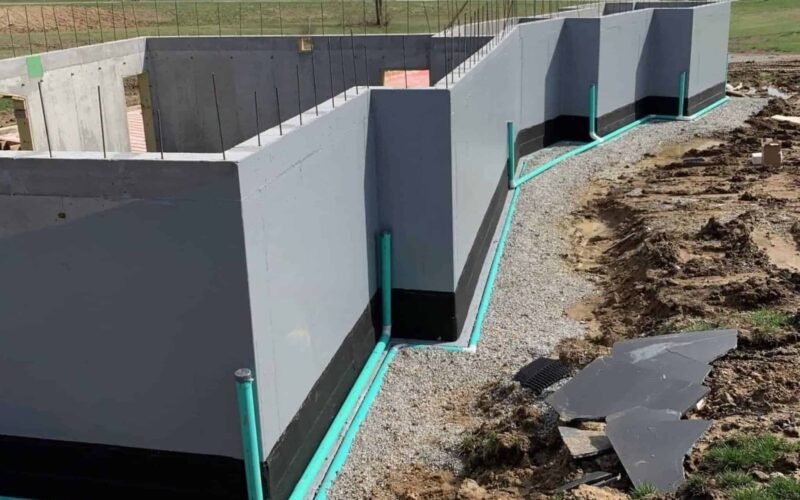When it comes to basement leaks, companies only focus on the damage it does to your foundation. The problems of a leaky basement have been well documented. From mold to rodents, there seems to be an endless supply of problems that comes into the territory with a leak in your basement. But what’s more concerning is that a leaky basement isn’t just troubling for your house or foundation. It can be a health disaster for you and your family should you fail to take care of it properly. There are several ways a leaky basement can affect the health of your family, and here’s how:
Growth of harmful bacteria:
Research shows that a typical basement has over 10,000 different species of bacteria. This is because basements are generally dark, moist places – the ideal environment for bacteria to grow. When you add a leaky basement into the mix, you create an even more conducive environment for bacteria to thrive. Not only that but any sewage or contaminated water leaking into your basement can further increase the growth of harmful bacteria.
Exposure to hazardous chemicals:
If your leaky basement is caused by faulty plumbing or a broken water heater, you could expose yourself and your family to harmful chemicals like lead or asbestos. These chemicals can cause serious health problems, including brain damage, cancer, and reproductive issues.
Inhaling mold spores:
Mold is a common problem in leaky basements, and it can cause a host of health problems, including respiratory issues, headaches, dizziness, and even memory loss. Mold spores are also known to aggravate allergies and asthma.
Dust mites:
Dust mites are tiny creatures that thrive in dusty, humid environments – like leaky basements. Research shows that almost 95% of homes in the US have detectable levels of dust mite allergens. These allergens can cause various problems, including respiratory issues, sneezing, and watery eyes.
Health hazards brought about by pests and insects:
Leaky basements are also a prime breeding ground for pests and insects. Things like cockroaches, mosquitoes, and rodents can infest a leaky basement and carry harmful diseases that can be passed on to humans. These diseases include Lyme disease, Salmonella, and even the bubonic plague.
If you have a leaky basement, it’s important to get it fixed as soon as possible. The longer you wait, the more damage it will do to your home and health. The best way to do this is by waterproofing your basement. The idea behind waterproofing your basement is to create a barrier between your home and the outside elements that are causing the leaks. There are several ways to waterproof your basement, but the most effective way is to use a combination of methods. This might include sealing cracks in your foundation, installing a sump pump, or using an internal drainage system.
So, how do you find the perfect mix of methods that work for your basement?
That’s where professional basement waterproofing companies come in. They will be able to assess the severity of your leaks and recommend the best course of action to take. Not only that, but they can also help you find any problem areas in your home that might be causing the leaks in the first place.
But simply waterproofing your basement isn’t enough. It’s also essential to ensure you don’t ruin the waterproofing job. If you are concerned about your basement health and want to prevent a possible health hazard, there are a few things that you can do to ensure that you preserve the waterproofing job:
1. Make sure that your gutters and downspouts are clean and clear. This will help to ensure that water is directed away from your home instead of towards it.
2. Inspect your landscaping and make sure that there is a slope away from your foundation. This will again help to ensure that water is directed away from your home.
3. Check for cracks in your foundation or walls and have them repaired as soon as possible. These cracks can allow water to seep into your basement and undo all the hard work you’ve put into waterproofing it.
4. Make sure that any vents in your foundation are properly covered and sealed. These vents can also let water into your basement if they’re not properly sealed.
5. Keep an eye on the weather forecast and be prepared to take action if there is a chance of heavy rain.
6. Have your basement waterproofed by a professional every few years to be on the safe side.
Waterproofing your basement is one of the best things you can do to protect your home from water damage. Not only will it help prevent any further damage to your home, but it will also keep your family safe from the potential health hazards of having a leaky basement. If you’re concerned about the health of your basement, make sure to contact a professional waterproofing company today. They’ll be able to assess the situation and recommend the best course of action for you and your home.

